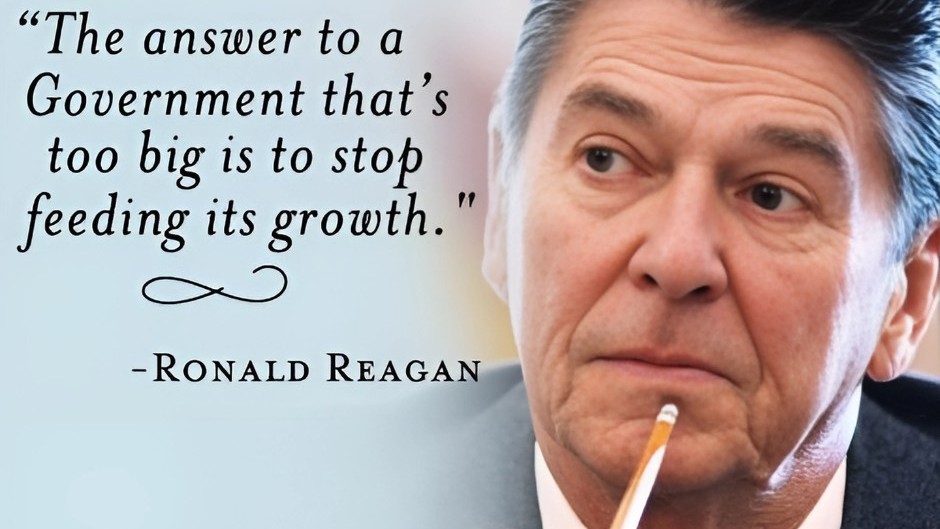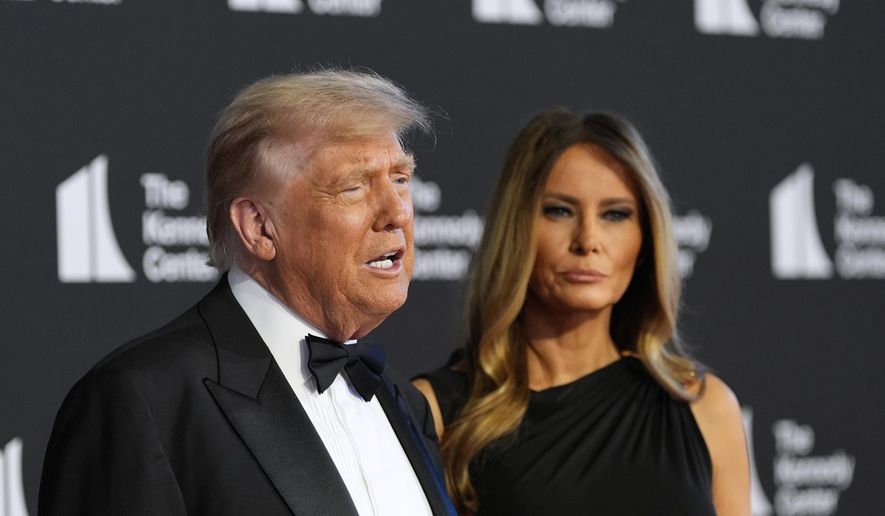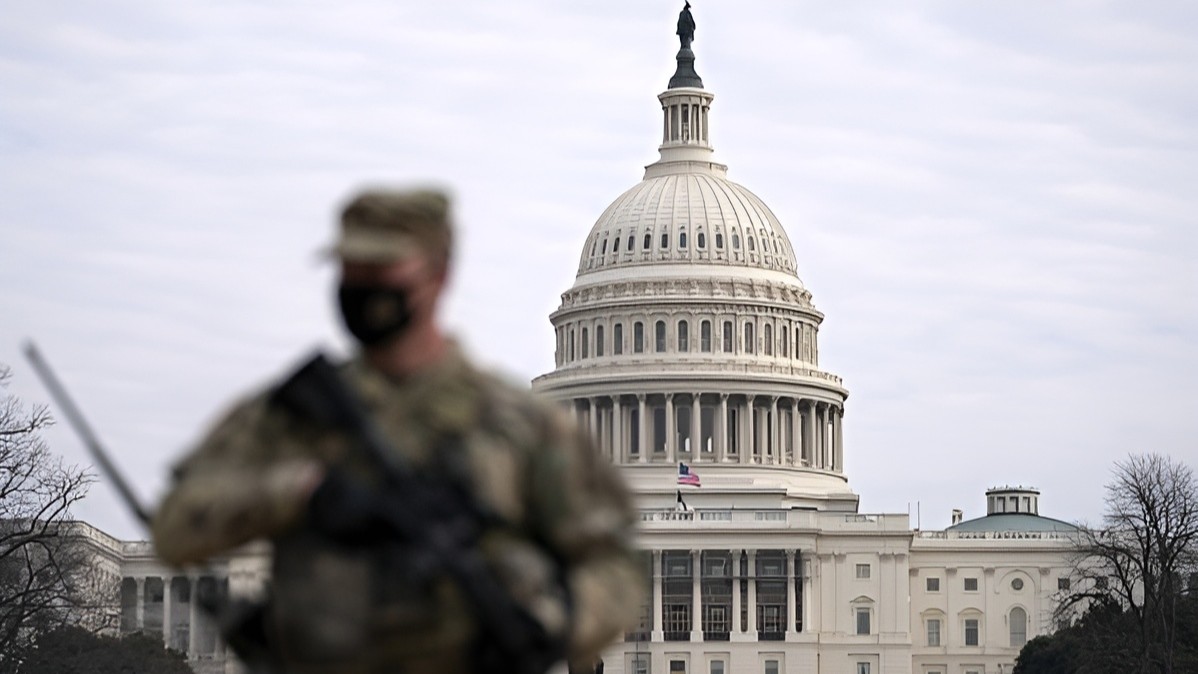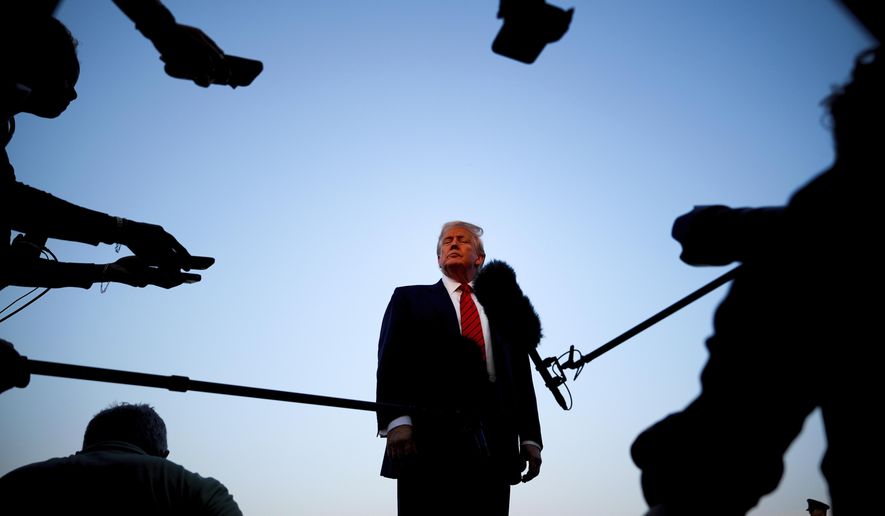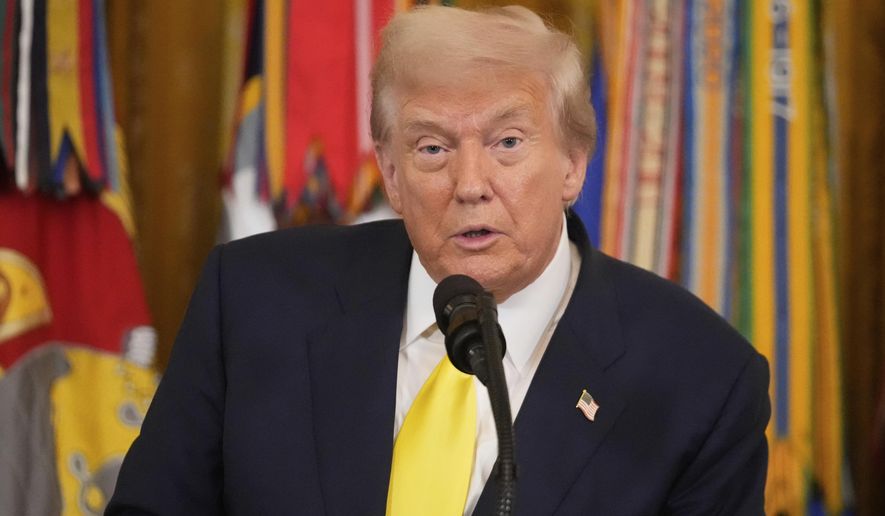WASHINGTON — Chairman Jerome Powell signaled Wednesday that the Federal Reserve will likely cut interest rates late this month for the first time in a decade in light of a weakening global economy and rising trade tensions.
Delivering the central bank’s semiannual report to Congress, Powell said in prepared remarks that since Fed officials met last month, “uncertainties around trade tensions and concerns about the strength of the global economy continue to weigh on the U.S. economic outlook.” In addition, annual inflation has fallen further below the Fed’s annual target level.
Powell’s remarks triggered a stock market rally, with the Dow Jones industrial average up nearly 200 points in the first half hour of trade.
Economists suggested that Powell’s prepared remarks made a quarter-point rate cut a virtual certainty at the Fed’s meeting this month, with many forecasting further cuts to come.
Paul Ashworth, chief U.S. economist at Capital Economics, said he thinks economic growth will slow below a 1% annual rate in the second half of this year, which he thinks will lead to additional quarter-point cuts in December and then March.
Ashworth said a July rate cut would be “insurance against the downside risk that Fed officials believe have mounted in recent months.”
Many investors have put the odds of a rate cut this month at 100%. The Fed’s benchmark rate stands in a range of 2.25% to 2.5% after the central bank raised rates four times last year — action that incited numerous public attacks on the Powell Fed from President Donald Trump.
Trump, who is counting on a strong economy as he heads into a re-election campaign, has called the Fed his biggest threat. He contends that the central bank made a huge mistake by tightening credit too much last year and should be cutting rates now. He has argued that last year’s rate hikes have held back economic growth and the stock market.
In his prepared remarks, Powell made no mention of the president’s criticism. But he did thank Congress for the “independence” it has given the central bank to operate free of political intrusion.
Powell’s statement began two days of testimony on Capitol Hill, first to the House Financial Services Committee on Wednesday and then to the Senate Banking Committee on Thursday.
At the moment, the U.S. economic landscape is a mixed one: The job market appears resilient, but economic growth is slowing. Many forecasters predict that growth has slowed to an annual rate of around 2% in the just completed April-June quarter.
In his testimony, Powell said the economy has fared reasonably well over the first half of the year. But he noted that “crosscurrents, such as trade tensions and concerns about global growth, have been weighing on economic activity and the outlook.”
He said that growth in business investment “seems to have slowed notably,” possibly because of concerns over slowing global growth and the trade battle between the Trump administration and China.
Powell repeated a pledge the Fed made in its June policy statement that officials would “act as appropriate to sustain the expansion.” But notably, he added that “many” Fed official saw that the case for a looser monetary policy “had strengthened.”
The Fed hasn’t cut rates since 2008 at the height of the financial crisis.
Trump and Chinese President Xi Jinping declared a truce last month in what had threatened to become an escalating U.S.-China trade war and agreed to resume talks toward a deal that would meet the administration’s demands to better protect U.S. technology. That step eased fears that Trump would extend punitive tariffs to an additional $300 billion in Chinese goods, in the process inviting retaliation from Beijing on American exports and likely weakening both nations’ economies.
And last week the government reported that after a tepid job gain in May, U.S. employers sharply stepped up their hiring in June, an indication of the economy’s durability.
One wild card in the Fed’s decision-making has been Trump’s highly unusual public pressure on the central bank to cut rates sharply. Trump’s attacks have raised alarms that he is undermining the Fed’s long-recognized independence from political pressure.
For insight into the president’s thinking about the Fed, Trump adviser Kellyanne Conway urged reporters to focus on his announcement last week of his two latest candidates for seats on the seven-member Fed board: Judy Shelton, an outspoken conservative economist, and Christopher Waller, research director at the Fed’s St. Louis regional bank. Both are regarded as highly likely to support Trump’s drive to lower rates.
Copyright 2019 The Associated Press. All Rights Reserved. This material may not be published, broadcast, rewritten, or redistributed. PHOTO: AP








